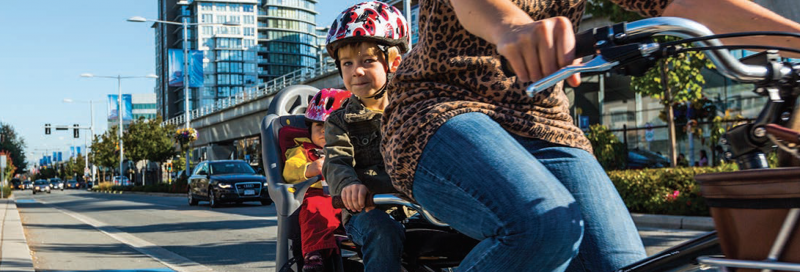Main menu
The State Of Cycling in Metro Vancouver
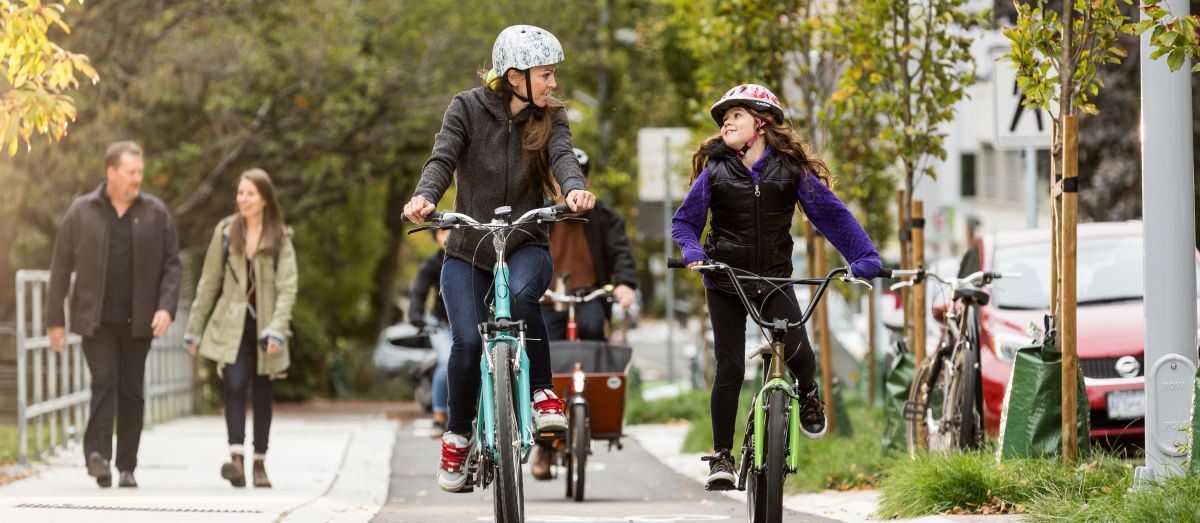
Benchmarking The State Of Cycling in Metro Vancouver
Benchmarking the State of Cycling in Metro Vancouver was developed by HUB Cycling and TransLink to provide a snapshot of the extent and quality of bikeways across the Metro Vancouver region in 2019.
Additionally, this report notes trends related to the rates at which people living in Metro Vancouver are cycling, documents rates of collisions involving people cycling, and details the extent to which cycling-supportive policies and practices are in place.
Through reporting on the bikeway network and trends in cycling-related data, this report offers an up-to-date picture of cycling across the region and is meant to serve as a benchmark against which progress can be measured.

Download State Of Cycling Report
HUB Cycling is pleased to highlight to health researchers an interactive dashboard developed by TransLink staff for the State of Cycling report. The dashboard allows users to explore the results of our State of Cycling research project. We thank TransLink and all other partners and volunteers for this valuable contribution.
UPDATE: Benchmarking The State Of Cycling in Metro Vancouver awarded
Research & New Directions in Planning Award by Planning Institute of British Columbia.
Download State of Cycling PIBC Award Press Release
KEY TAKEAWAYS
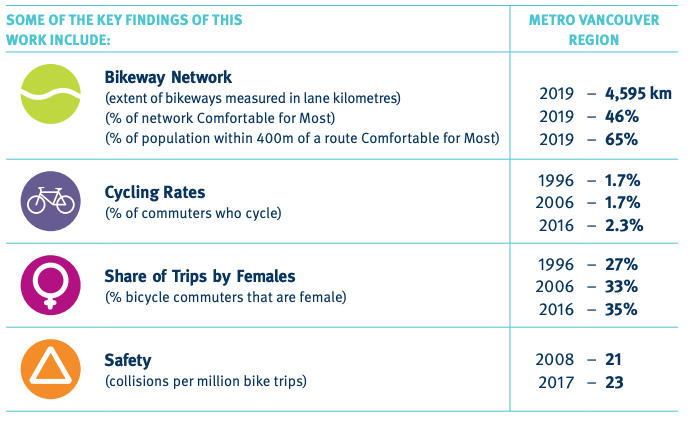
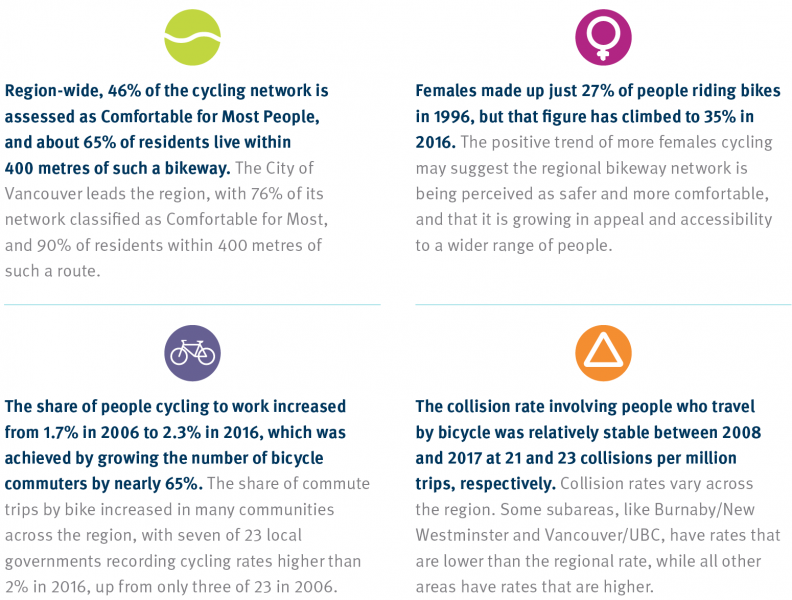
NEXT STEPS
This report on the state of cycling in Metro Vancouver provides the public, policy makers, and elected officials a valuable starting point for understanding the current state of the bikeway network across Metro Vancouver and where the region currently stands regarding cycling. Future updates to this work, which are planned to occur every few years, will allow the region to monitor progress with building out the regional bikeway network to help support regional goals for more and safer cycling.
Download State Of Cycling Report
Why is the State of Cycling Project Important?
Juliet works as a Physiotherapist at the Surrey Neuroplasticity Clinic. Juliet lives in Vancouver-Fairview, and was inspired by her friend Alex to cycle through Burnaby and Coquitlam to her Surrey workplace several times a week, using regional cycle routes.
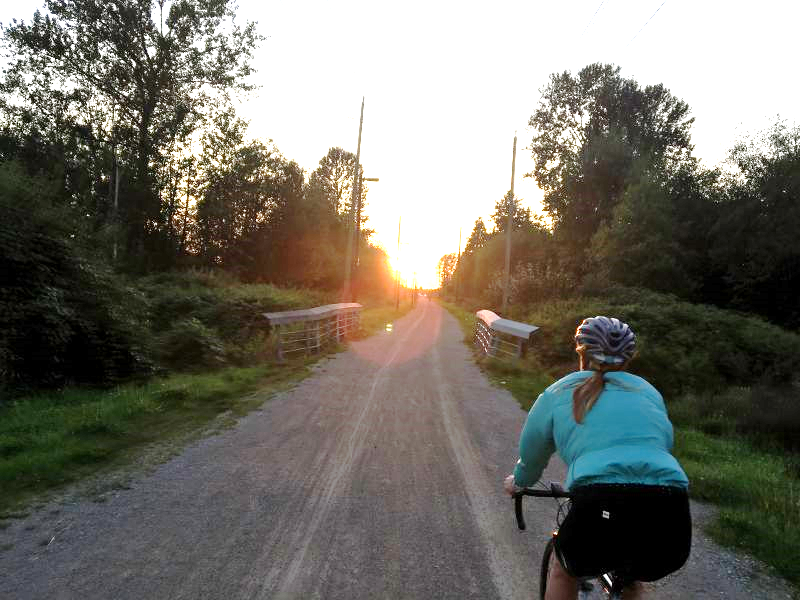
Knowing there is a safe, accessible and connected bike route for her commute is essential to Juliet. Existing route planning maps and on-line tools haven’t provided clear answers about what are the best road and bike path choices to cover the 35 km’s. Alex and Juliet have over time figured out the best route by trial and error. Juliet explains, “We have tweaked our route a lot over the year, to find the least busy way to get home.”
The HUB Cycling-TransLink State of Cycling project will make it much easier for Metro Vancouver residents like Juliet to select cycle routes which get them where they want to go safely and comfortably. State of Cycling has for the first time collected data about the safety and comfort of each cycle route segment within Metro Vancouver, based on a new common framework agreed upon by the municipalities.
Through the State of Cycling project, Juliet and others who want to get around by bike safely and happily will soon have cycle route maps they can rely upon for better, more accessible trip planning. State of Cycling data will have another positive outcome for Juliet and other cyclists – decision making about new cycling route developments will be better informed. By analyzing State of Cycling data, cycling infrastructure investment decisions can be made more strategically to complete the regional route network.
Juliet welcomes the State of Cycling project completion for its future benefits because she wants to keep cycling. “I love cycle commuting because even though it takes longer, your workout is done by the time you get home!”
Angie Wedell's Research
The State of Cycling report has also been a benchmark for additional academic research, including Angie Wedell's research on whether variations in mode share, for all commuters and female and male commuters separately, were related to proximity to any bikeway, and proximity to the four comfort-based bikeway classifications. The research results suggested that only bikeways considered "Comfortable for Most" are associated with higher cycling commute mode shares.
- Read Wedell's Paper: Proximity to bike routes and mode share: An analysis of the Metro Vancouver Area
- Watch Wedell's Webinar: Impact of cycling infrastructure on bike commuting
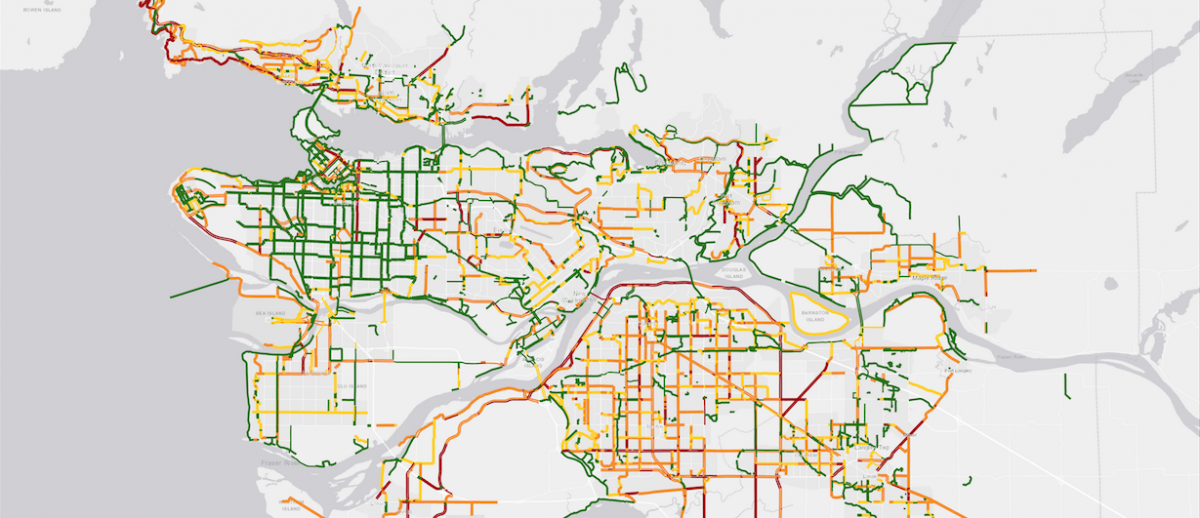
REGIONAL STATISTICS
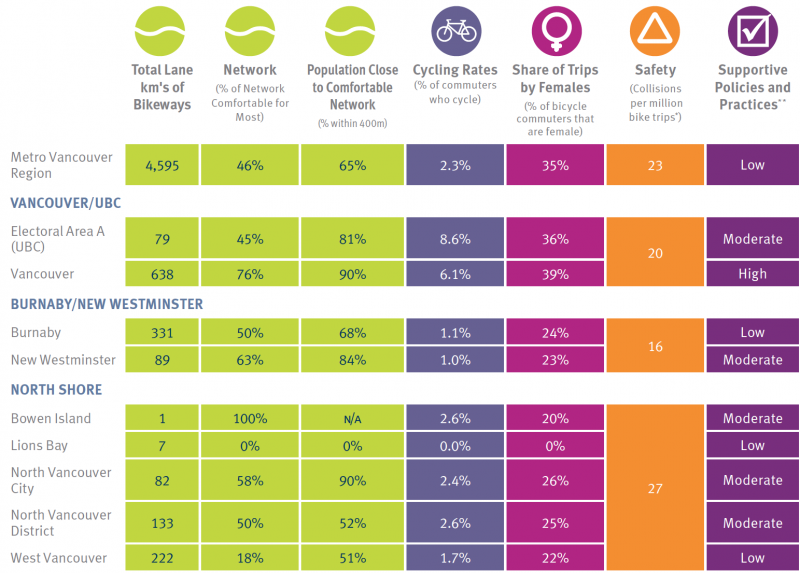
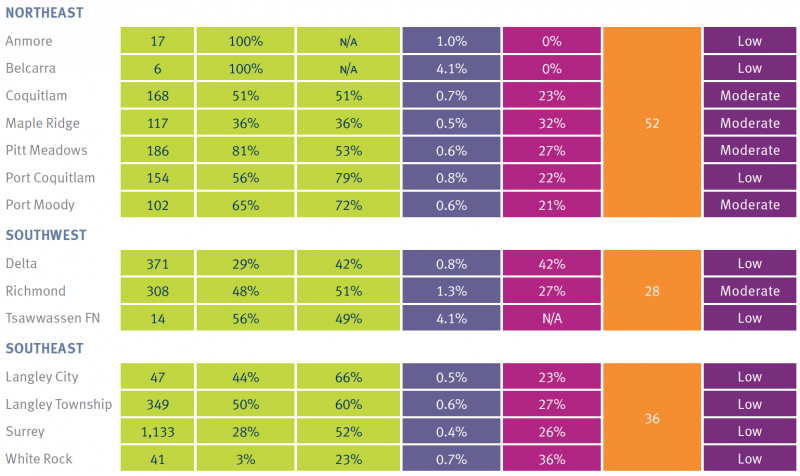

Download State Of Cycling Report
MEET THE TEAM

Gavin Davidson
Project Manager
Gavin is a professional planner and a nationally recognized leader in transportation policy, planning and facility design. He brings two decades of experience facilitating interdisciplinary teams and developing ambitious, award-winning plans and projects.

Evan Hammer
Project Researcher
Evan is an active transportation and cycling enthusiast. His personal knowledge of local cycling infrastructure and routes complements his research skills. Evan is a graduate of UBC’s Master’s of Community and Regional Planning program. His experience includes cyclist route selection, bike sharing and transportation planning.

Tim Davidson
Project Researcher
Tim brings skills acquired from a Masters of Planning Degree from Dalhousie University to this project. He has experience in the private sector delivering active transportation projects throughout Canada and a wealth of knowledge on GIS and computer mapping.
Acknowledgements: The State of Cycling project is a collaboration between TransLink and HUB Cycling.
MAJOR SPONSORS
 |
 |
PRIVATE SPONSORS
 |
 |
 |
 |
Special thanks to Jeff Leigh and Kay Teschke for their expertise, time and feedback on the project.


